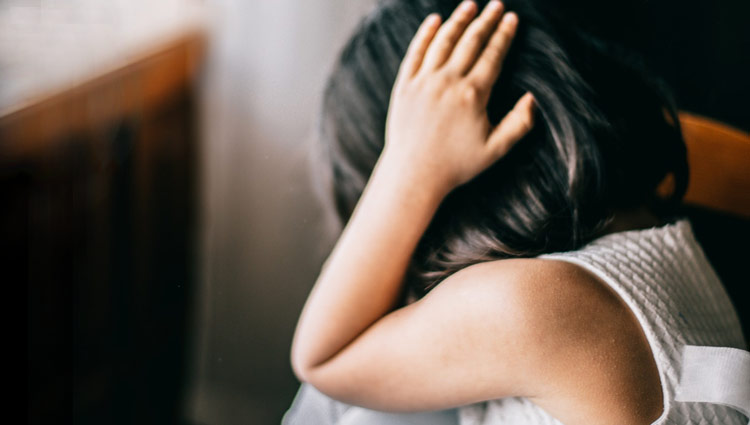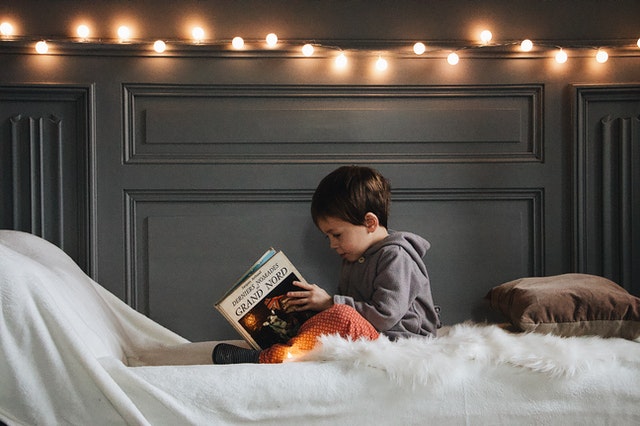How to Handle Child Anxiety About Returning to School
With August just around the corner, back-to-school anxiety is starting to feel very real for many kids (and their parents). This is of course amplified by the post-pandemic return, which, depending on location, can come with varying levels of restrictions and regulations for students and staff. And while many parents may still be worried about the delta variant and other COVID-19 related concerns, experience tells me that there is more that students are feeling nervous about than just the pandemic.
Separation anxiety is a fairly common psychological disorder seen in children and is sometimes related specifically to separation in the morning or during the transition to school. It is common in very young children (under two) but becomes a concern in older children and currently affects an estimated 5% of school-aged children. This differs from usual clinginess and children with separation anxiety present with excessive fear and distress surrounding the separation. Some children even develop physical symptoms prior to or in anticipation of the separation, such as vomiting, or headaches, or stomachaches at the thought of being separated. We anticipate a significant increase in separation anxiety, particularly in young children who have spent the better part of the last year and a half at home.
There are several causes and risk factors that parents should be aware of, especially as they prepare for the 2021-2022 school year. Significant trauma such as abuse or death (loss of a loved one or pet), environmental change, and high levels of stress are all notable risk factors. Stress within families, attachment relationships, and parental anxiety are all significant and important contributors. This means that parents who are also anxious and worried about separating from their children are at greater risk for having their children experience separation anxiety.
How to help a child with anxiety about returning to school
Most children’s separation anxiety subsides, but some more require more structured support from a professional. Remember to talk openly about times when parents and children will be apart when they will be together again, and make expectations clear. Schedules and other visuals may be helpful. Look for certain behaviors that are indicative of your child’s anxiety to try to identify triggers. Remember to try to calm your own fears and anxiety related to the pandemic and the return to school to decrease stress in your home.
If you think that your child’s anxiety is causing significant distress, schedule a free consultation, or reach out to your child’s school psychologist for support.
Wishing you and your family a successful and happy school year!
Photo by Meruyert Gonullu from Pexels

